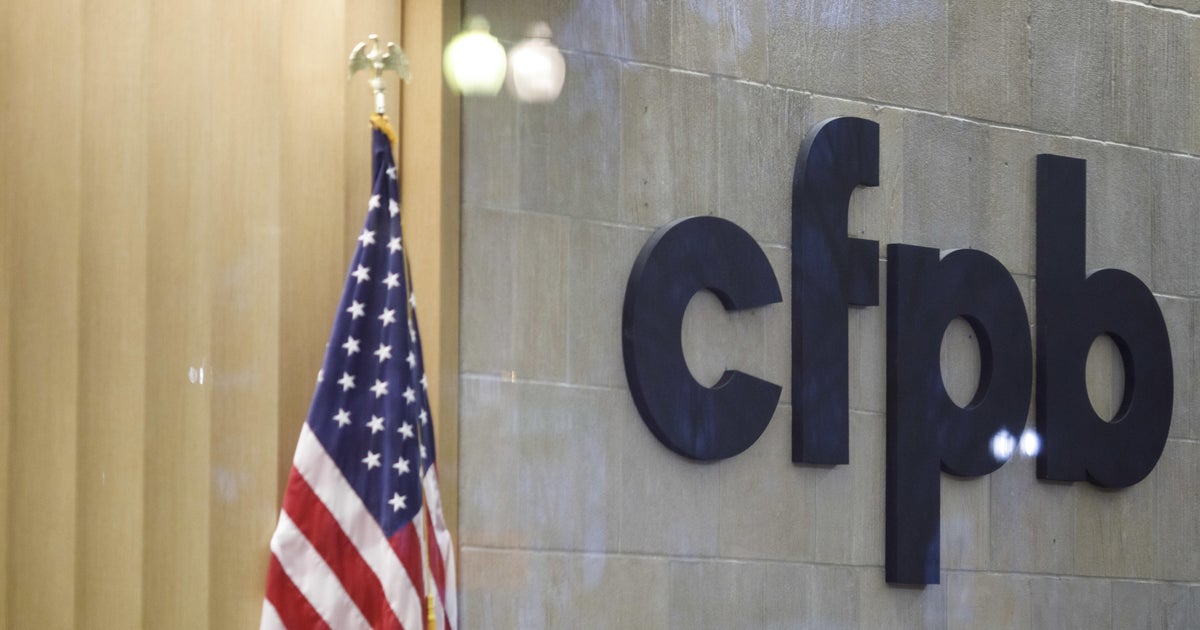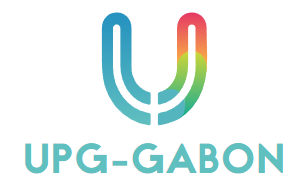
Regulators are playing the booming « buy now, pay later » business.
Providers of increasingly popular point-of-sale loans must now offer some of the same protections offered to credit card users, including dispute fees and refunds for returned purchases, the Consumer Financial Protection Bureau announced Wednesday.
The White House praised the move, calling it part of a broader « crackdown on corporate fraud. »
« The Biden-Harris administration will continue to take action to protect consumers and keep more money in Americans' pockets, » John Tonnenberg, deputy director of President Biden's National Economic Council, said in an emailed statement Wednesday.
The agency, which protects consumers from financial abuse, is responding to customer complaints about chargebacks from payers who dispute charges or try to return items, CFPB officials said at a press conference Tuesday.
Hailed by shoppers as an interest-free way to make purchases from clothes to travel, the loans allow borrowers to pay over time, usually in four installments over six weeks. Use of loans increased during epidemicsOnline shopping is helping drive the boom, the CFPB noted.
Similar to credit cards
The interpretative rule issued by the agency says that BNPL lenders should be effective credit card issuers and provide consumers with basic safeguards that come with buying plastic products.
« If consumers choose to check out and buy now, pay later, they don't know if they'll get a refund if they return their product or if the lender will help them if they don't receive what they promised, » CFPB Director Rohit Chopra said in a statement. « Whether a shopper swipes a credit card or buys now and pays later, they are entitled to important consumer protections under long-standing laws and regulations already on the books. »
Additionally, BNPL lenders will be required to provide users with periodic billing statements similar to those provided for traditional credit card accounts, as per the clarification rule, which will come into effect in 60 days, the company said.
As per the new rules, BNPL lenders must now:
- Suspend payment requirements during the process and investigate consumer-initiated disputes.
- Refunding returned goods or canceled services to consumers' accounts.
- Provide consumers with periodic billing statements similar to those received for standard credit cards.
Although BNPL lenders will face tougher government oversight, the new CFPB rule does not require lenders to verify that borrowers can repay loans, as consumer advocates have called for.
« We believe this interpretive rule largely spares the industry from a more stringent requirement that borrowers be tested for their ability to repay. In that sense, it's a win, » said Jared Seeberg, an analyst at TD Cowen. The Washington Research Group said in a statement.
Instead, consumers suffer from an industry that includes some companies that are not transparent about their business model, according to the US PIRG Education Fund.
« We are particularly concerned about the youth, who are a key target demographic for PNBL schemes and are encouraged to buy things they don't need and can't afford. They often don't understand what they're getting into. Disclosures are vague and this needs to change, » said Teresa of US PIRG, a consumer watchdog. Murray said in an emailed statement Wednesday.
The risk of accumulating debt
Buy-now-pay-later is increasingly being offered as a credit card payment option, with the industry's five biggest companies expected to take on $24 billion in debt by 2021 — a 10-fold increase from $2 billion in 2019. According to to the CFPB.
About half of shoppers in the age group of 25 to 44 use BNPL, according to Bank Account. According to Adobe Analytics, this option will cost $84 billion, up 13% from last year.
But BNPL plans include Higher fees for defaultersConsumer Reports warned last year.
Loans from companies including Affirm, Afterpay, Klarna, PayPal and Zip are generally not reported on consumers' credit reports or reflected in consumer credit scores. This has led to concerns that users may take out too much debt without being transparent to other lenders or regulators.
Apple bucked that trend when it announced in February that it would report loans received through its Apple Pay Later program to one of the credit bureaus, Experian.






